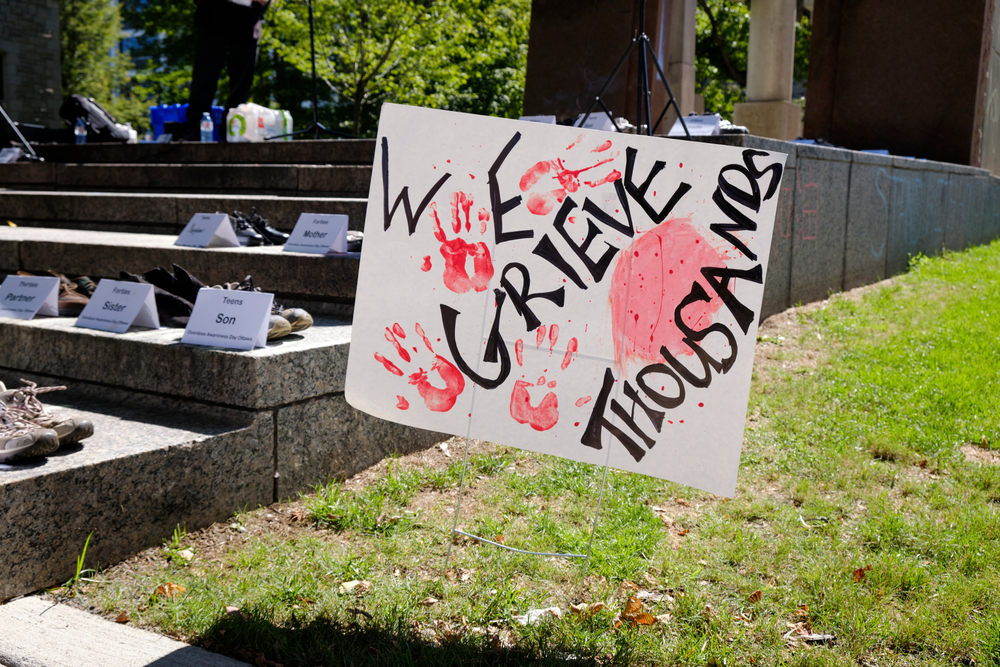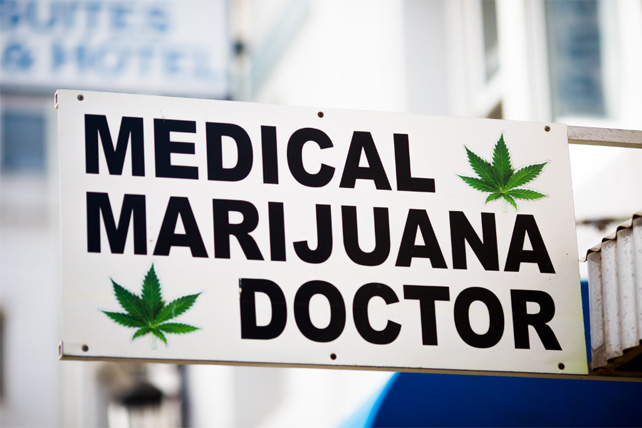In early June, the Canadian federal government announced the launch of a three-year trial in British Columbia (BC) starting on January 31st 2023, creating an exemption in the Controlled Substances Act that would effectively decriminalise the possession of several drugs.
The exemption clarifies that there will be no criminal charges for the possession of a cumulative total of up to 2.5 grams of several opioids (including heroin, morphine, and fentanyl), cocaine (both powder and crack), methamphetamine and MDMA. The possession of any amount of any other drug not mentioned in this list remains illegal. The full text of the exemption can be read here.
While the news was a welcome move towards a more empathetic approach to drug control, the mood was dampened as the C-216 bill proposed the following day by the New Democratic Party (NDP) for nation-wide decriminalisation and retroactive expungement of possession offences was strongly defeated in Parliament, with 71 votes for and 248 against.
Although there have been over 27,000 recorded drug-related deaths in Canada since 2016, with an estimated 20 deaths per day in 2021, the push to decriminalise all drugs was met with considerable political resistance. Opposition came from across the political spectrum: while the smaller NDP, Greens and Bloc Quebecois parties all voted in favour of decriminalisation, the ruling Liberal party (of which Prime Minister Trudeau is the leader) was significantly opposed to the proposal. The second largest party, the Conservatives, voted unanimously against.
Canadian Prime Minister Trudeau has stated that the three-year pilot in BC would be observed for evidence of decriminalisation’s efficacy in curbing drug-related deaths before it is considered for the whole country. The structure of the Canadian federal system facilitates this piecemeal approach to decriminalisation. While some cities with high levels of drug-related deaths have professed their interest in decriminalising drugs, provincial governments (with authority over province-wide policy-making) have been more hesitant to commit to this progressive policy.
In Alberta, one of the provinces with more opioid-related deaths, the provincial government has opposed calls for decriminalisation, saying the move is a “slippery slope” and counter-productive to helping people recover from addiction. Meanwhile, the city council of its capital, Edmonton, signalled their interest in implementing progressive policies to deal with health challenges, passing a motion to decriminalise small quantities of drugs. However, Edmonton’s ability to implement change may be limited without wider provincial support.
A similar conflict between city and provincial interest in decriminalisation is seen in Alberta’s neighbouring province of Saskatchewan, where the provincial government has voiced their opposition to changing their drug laws, stating: “It is unknown what potential long-term effects that decriminalising illicit drugs will have with regards to public safety.” Meanwhile, both the police board and mayor of Saskatchewan’s capital have said they are willing to explore decriminalisation as part of the solution to Canada’s drug-related health issues.
Canadian provinces. BC, Alberta and Ontario represented 88% of all opioid-related deaths in 2021. There was also elevated rates registered in Yukon and Saskatchewan.
While it is true that a federal state enables some regions to pursue certain policies over others, there is a lingering feeling that vulnerable people who use drugs that do not happen to live in decriminalised provinces have been dealt a bad hand. Garth Mullins, host of the Crackdown Podcast and organiser for the activist group VANDU, underlined how limited BC’s policy success was: “not only is it geographically bounded, it’s also substantially bounded: it’s a low threshold, doesn’t include any safe supply or expunging records or anything else.”
Mullins pointed out how the cumulative thresholds were not representative of the reality of people’s drug use: VANDU data showed that people’s drug using habits have increased, and the thresholds would still criminalise large drug using populations. As a key member of the drug using civil society ecosystem, VANDU was not seriously involved in provincial and federal drug policymaking: “we weren’t at the decision-making table, but we were consulted at a ‘kids table’; so they didn’t really listen to us in a lot of the important stuff… The federal government didn’t really listen.”
Maintaining the criminalisation of drug possession across Canada will continue to bring people into contact with the criminal justice system without addressing the public health crisis driving drug-related deaths. “Real decriminalisation means getting the police out of our lives, and that’s a big deal,” Mullins added. “A lot of us have to use in secret, going in and out of jail lowers your tolerance… You’re actually more likely to overdose if you’ve just been released from jail.”
The federal decriminalisation bill’s failure is expected to set back decriminalisation efforts by a few years. While the population of people that use drugs in Canada is relatively large (with 21% of Canadians reported to have used cannabis, and 4% having used an illegal drug in 2019), their ability to organise has been limited: “We aren’t united as a bloc, we don’t vote as a bloc, we don’t have a great deal of economic power, our ability to lobby government compared to other interests is relatively low. So I think there’s no political consequences for letting people die.”
However, Mullins noted that the future promised more opportunities for organisation: hope lies in organising for social change. Building better and stronger national drug using coalitions has meant that critiques of prohibition and political demands were more unified than before. For Mullins, the level of organisation in drug policy activism will be a true indicator for future success. “Our level of organisation and willingness to use militant tactics like civil disobedience, that’s what gets things done in drug policy.”
Unfortunately, delays in drug policy making usually mean many more lives will continue to be impacted by the criminalisation of drugs and persecution of those who use them. With an increasing amount of adulterants in the markets, and limited access to safe supply or drug testing, an illegal and uncontrolled market will continue to take lives.


